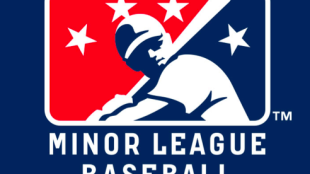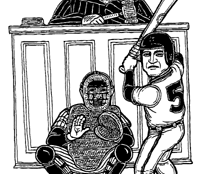It’s Time to Break Up Big Tech
(Source) Introduction Amazon obtained a place in the popular psyche that has far surpassed its principal market function as an online retailer and entertainment provider. The conventional wisdom was that Amazon operated much like the major industrial powerhouses at the turn of the last century—standard oil, railroads, and steel—and thus warranted the same basic sort of legal treatment that its ancestor monopolies received. Perhaps the laws would have to be updated somewhat, but the idea was that Amazon had justly achieved its privileged position in society through free and fair competition in the marketplace. Jeff Bezos was predestined to be next in the line of a venerable lineage of American entrepreneurs whose spiritedness and ingenuity entitled them the rarefied perches they occupy in public life. In short, Bezos’s outsized influence in society today, a consequence of his unprecedented wealth (now upwards of two hundred billion dollars), has enabled him to lobby lawmakers for exceptionally lenient policies—skirting oversight of his company’s adverse working conditions and slyly evading a number of pesky environmental issues—for a handsome return payment deposited in the coffers of both Democratic and Republican lawmakers. From one point of view, to deny Bezos of his wealth and fame [read more]





